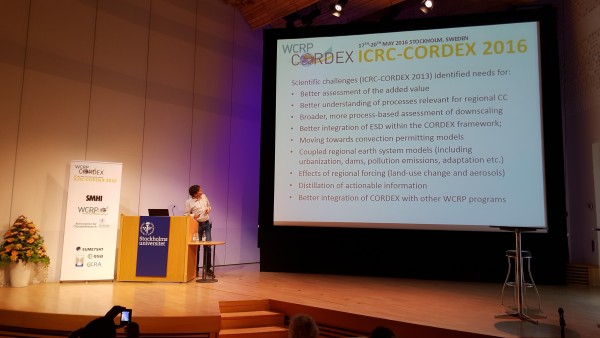Distortion? False information? Conspiracy theories? Hacked email? Climate scientists have known all this for decades. What can be learned from their rich experience with climate propaganda.
The world is slowly waking up. “Post-truth” was declared the word of the year 2016 by the Oxford Dictionaries. Finally, people start to widely appreciate how dangerous the epidemic of fake news is for democracy.
Stir up hate, destroy discourse, make insane claims until no one can distinguish the most bizarre absurdity from the truth any more.
Thus the Austrian author Robert Misik aptly describes the strategy of right-wing populists.
Some call it “alternative facts”. (Those are the convenient alternative to true facts.) Let’s simply call it propaganda. [Read more…] about Fake news, hacked mail, alternative facts – that’s old hat for climate scientists

